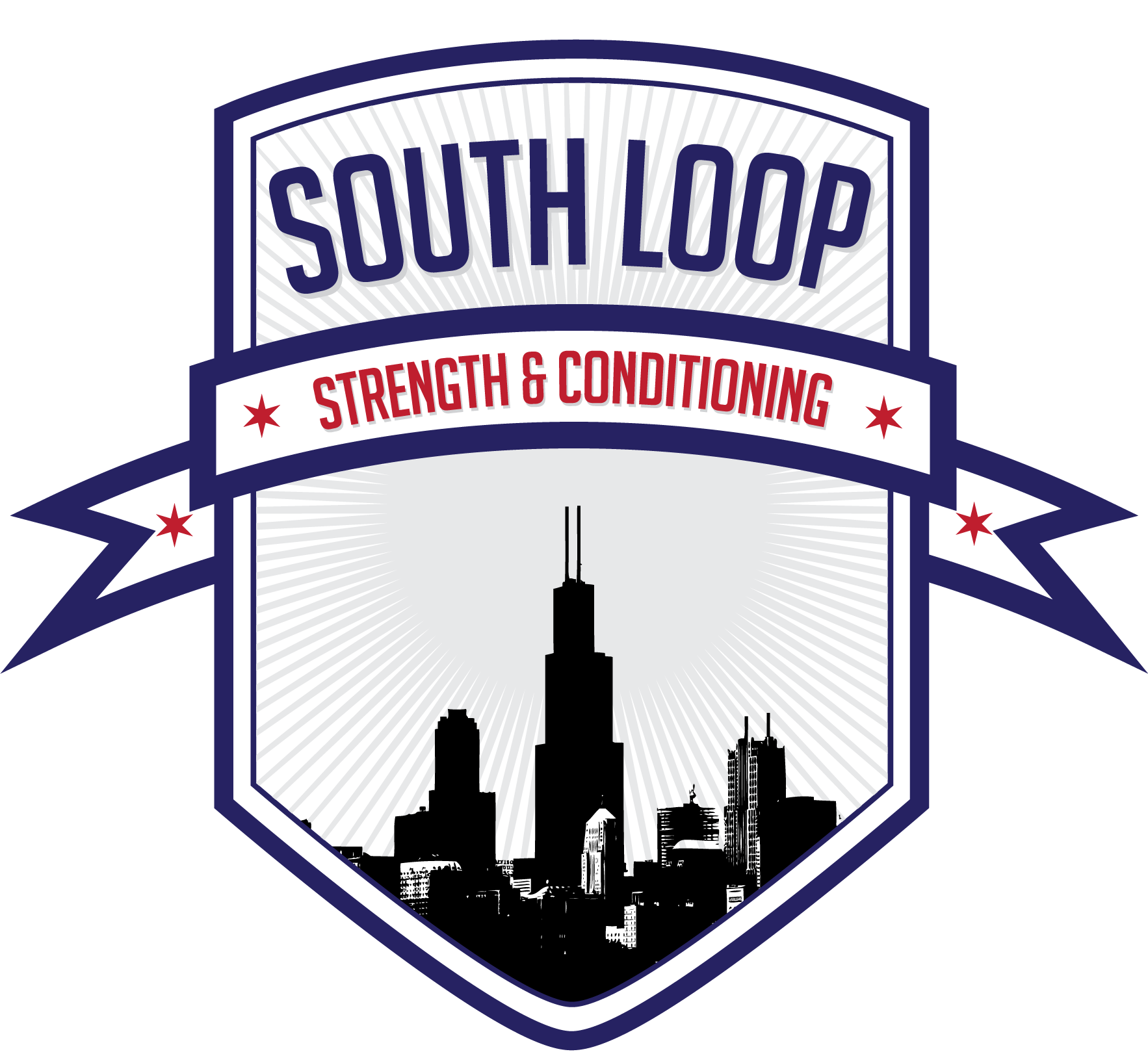A sports drink is a beverage that contains carbohydrate (typically sugar) for fast-digesting energy along with some electrolytes (typically sodium, potassium, magnesium and calcium). Depending on the brand, they can also contain other functional ingredients, like caffeine.
There are a number of reasons why someone would choose a sports drink over water:
To Replace Electrolytes –
In a warm environment, the average athlete loses about 1 to 3 liters of sweat per hour; that’s 4+ cups of fluid. Sweat contains mostly sodium, but it also contains chloride, potassium, magnesium and calcium, all of which play vital roles in the body: regulating fluid balance, ensuring optimal muscle function and assisting in cellular energy production. If it’s a particularly hot day at the gym and you’ve decided to do a longer workout like Murph, consuming a sports drink would certainly be appropriate for replenishing lost electrolytes as well as for…
To Provide Quick Energy and Enhance Performance –
While most of us recognize that sugar is something we should moderate in our day-to-day eating, it is actually the most widely researched and used sports performance enhancer. Sports drinks contain one or a combination of sucrose, glucose or fructose; all of these carbohydrates are quickly absorbed in the intestine and require minimal (if any) enzyme activity. If you have gone hours without eating and are entering a workout, sipping on some Gatorade throughout your workout will prevent you from feeling tapped out. Similarly, if you are engaging in an epic Hero WOD and plan on working for 45 minutes or longer at a good pace, a sports drink will ensure you have enough energy to make it through; because of the intensity demanded in CrossFit, carbohydrates are the body’s preferred source of energy. Research has also shown that merely swishing a carbohydrate-based beverage around in your mouth and then spitting it out (so not actually getting any calories from it) can increase performance in athletes; the thought is that it signals energy availability in the brain and allows for higher energy output – still, myself and everyone else at the gym will prefer it if you swallow J.
Your Focus is Performance –
Sports Drink was originally created for that purpose, to enhance an athlete’s ability to work and perform. Your body stores carbohydrate in your muscles and liver as glycogen, and as you engage in exercise, this glycogen is steadily depleted; consuming carbohydrate during a workout can help delay complete glycogen depletion, the consequences of which are 1) mentally and physically feeling run down, 2) low blood sugar, and (the kicker for strength athletes) 3) cannibalization of muscle for energy. Ensuring you’ve eaten within the last few hours can prevent this from happening and sports drinks are an extra insurance policy.
So, given the above, why not always drink sports drink? Think of it like a drug, such as ibuprofen. Just because it is extremely useful given the right circumstances (e.g. inflammatory pain), doesn’t mean you should take it all the time. Instead, use it strategically to achieve the greatest benefit. Most of the time, plain old water is an excellent choice!

